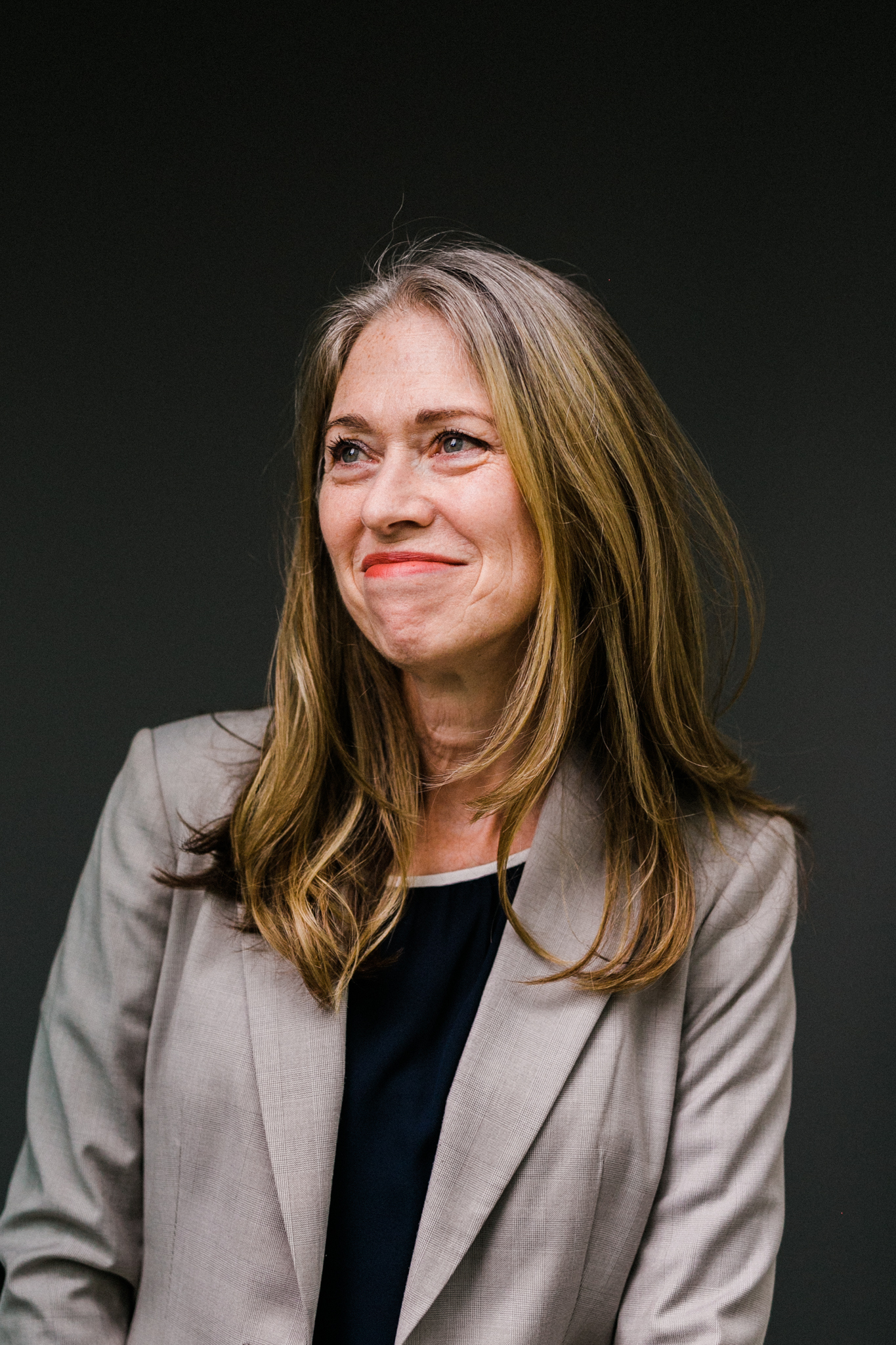Faculty of Education, Community, and Human Development

Dean & Professor
Abbotsford campus, B385a
Phone: 604-864-4643
email Allyson WebsiteDean of the Faculty of Education, Community, and Human Development and Professor
Allyson Jule is the Dean of the Faculty of Education, Community, and Human Development. She has been an educator for over 35 years, teaching English in high schools and colleges in Alberta, Ontario and BC before entering academia.
Her contributions to gender equity and education were nationally recognized in 2012 by the Canadian Association for the Study of Women in Education’s Award. Over the years, Dr. Jule has received several teaching awards, including Canada’s prestigious 3M 2016 Teaching Fellowship, the national fellowship honouring excellence in teaching in Higher Education.
She has written most widely on the topic of silence and language use in classrooms, including ten books and many peer-reviewed articles and chapters.
B.Ed. (Alberta); M.A. (SFU); PhD (Roehampton, London, UK)
Canadian Society for the Study of Education (CSSE), Association of the BC Deans of Education (ABCDE), and the Association of Canadian Deans of Education (ACDE)
I am a teacher of teachers. For many years, I have enjoyed the privilege of teaching in teacher Education programs -- teaching future teachers how to teach, how to influence tomorrow, and why they should bother. Three key thinkers have influenced my teaching philosophy: Jacques Lacan, Simone Weil, and Paulo Freire. Each has offered ways of understanding “otherness” and, ultimately, ways of engaging with otherness for the sake of teaching and learning. Understanding otherness is central to learning to teach. How a teacher relates to people is at the core of the vocational calling. Views on ‘the other’ and ‘the self’ predict and propel teacher-student relations in each and every context.
Teacher education, Gender Studies, Feminism
Gender and education, language/silence, critical discourse analysis, gender and religion, and compassion in education.
Allyson Jule was one of the speakers for TEDxAbbotsford in November 2024. In her talk, Dr. Jule explained the role gratitude has had in her own life and how ‘being realistic’ can impact the capacity to cope with life’s complexities. Watch Finding Gratitude in All of Life on YouTube.